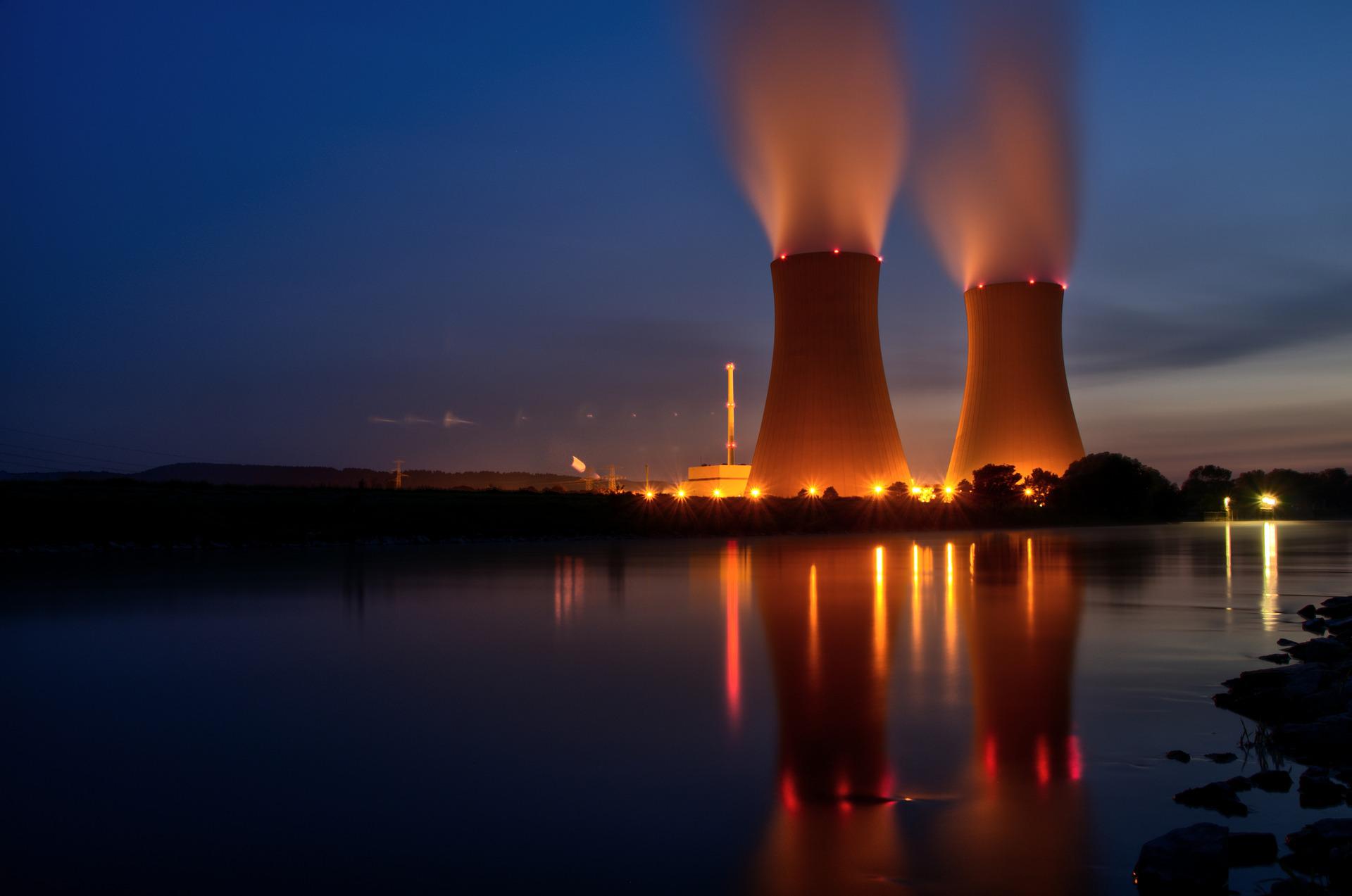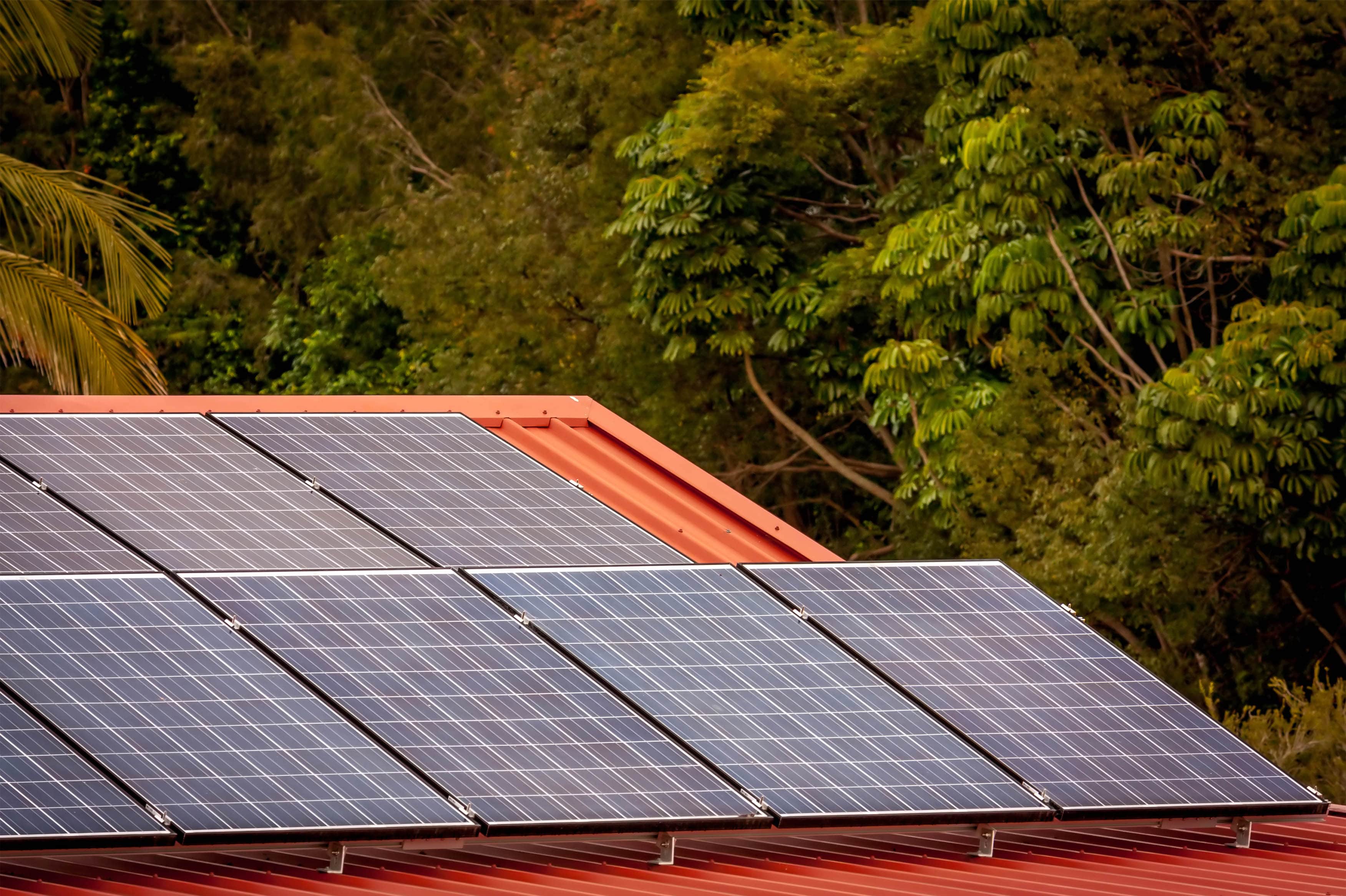Nuclear Power: Exploring The Pros, Cons, And Future Of Clean Energy is a hot topic that has been debated for decades. Nuclear power is a source of clean energy that has the potential to provide reliable and affordable electricity for years to come. However, there are also some risks associated with nuclear power, including the potential for accidents and the long-term storage of radioactive waste.
Editor's Notes: "Nuclear Power: Exploring The Pros, Cons, And Future Of Clean Energy" have published today date. This is an important topic to read because nuclear power is a complex and controversial issue. It's important to be informed about the pros and cons of nuclear power so that you can make an informed decision about whether or not you support it.
We've done some analysis, digging information, made Nuclear Power: Exploring The Pros, Cons, And Future Of Clean Energy we put together this Nuclear Power: Exploring The Pros, Cons, And Future Of Clean Energy guide to help target audience make the right decision.
| Pros | Cons |
|---|---|
| Clean energy source | Potential for accidents |
| Reliable and affordable | Long-term storage of radioactive waste |
| Can help reduce greenhouse gas emissions | Security concerns |
Transition to main article topics
FAQ
This section addresses common questions and concerns regarding nuclear power to provide a comprehensive understanding of this complex energy source.
Question 1: Is nuclear energy safe?
Nuclear power plants are required to adhere to stringent safety protocols and are continuously monitored to minimize the risk of accidents. Advanced reactor designs and backup systems further enhance safety measures. However, it's important to note that all energy sources carry inherent risks, and nuclear energy is no exception.
Question 2: What about nuclear waste?
Nuclear waste is a byproduct of nuclear power generation. While it requires careful management, advanced technologies are being developed to recycle and repurpose nuclear materials, reducing the need for long-term storage. Additionally, nuclear waste is highly concentrated, allowing for safe and efficient disposal in designated facilities.
Question 3: Is nuclear energy expensive?
The upfront costs of building nuclear power plants can be significant. However, over the long term, nuclear energy is a cost-effective source of electricity. Nuclear power plants operate with low fuel costs and require minimal maintenance, leading to stable and predictable energy prices.
Question 4: Does nuclear energy contribute to climate change?
Nuclear power generates electricity without emitting greenhouse gases, making it a clean energy source. It plays a crucial role in combating climate change by reducing reliance on fossil fuels and promoting a low-carbon future.
Question 5: What is the future of nuclear energy?
Nuclear energy is experiencing a resurgence due to its potential to provide reliable, low-carbon electricity. Advanced reactor technologies, such as small modular reactors and molten salt reactors, offer innovative solutions to address safety concerns and waste management issues. These advancements position nuclear energy as a viable part of a sustainable energy mix.
In summary, nuclear power offers a unique combination of high energy density, low operating costs, and minimal environmental impact. By addressing safety concerns and advancing technologies, nuclear energy can play a significant role in meeting global energy demands while transitioning towards a clean and sustainable future.
Continue reading to explore the challenges and opportunities facing nuclear power in the coming decades.
Tips
Nuclear energy has the potential to be a low-carbon, reliable source of electricity. However, it also comes with some risks and challenges. Here are a few tips for understanding and evaluating nuclear power:
Tip 1: Learn about the different types of nuclear reactors.
There are many different types of nuclear reactors, each with its own advantages and disadvantages. Some of the most common types include pressurized water reactors (PWRs), boiling water reactors (BWRs), andCANDU reactors. PWRs are the most common type of reactor in the world, and they use ordinary water as both a coolant and a moderator. BWRs also use ordinary water as a coolant, but they use steam as a moderator. CANDU reactors use heavy water as both a coolant and a moderator. They are less common than PWRs and BWRs, but they are more efficient.
Tip 2: Understand the risks and challenges of nuclear power.
Nuclear power is a complex technology, and there are a number of risks and challenges associated with it. These risks include the potential for accidents, the proliferation of nuclear weapons, and the disposal of radioactive waste. It is important to understand these risks before making a decision about whether or not to support nuclear power.
Tip 3: Evaluate the benefits of nuclear power.
Nuclear power has a number of potential benefits, including its low carbon emissions, its reliability, and its high energy density. Nuclear power plants can operate 24 hours a day, 7 days a week, and they produce very little greenhouse gas emissions. They also produce a lot of energy in a small space, which makes them ideal for areas with limited land.
Tip 4: Make an informed decision.
The decision of whether or not to support nuclear power is a complex one. There are a number of factors to consider, including the risks, the benefits, and the alternatives. It is important to weigh all of these factors carefully before making a decision. To learn more, refer to our in-depth article Nuclear Power: Exploring The Pros, Cons, And Future Of Clean Energy.
Summary:
Nuclear power has the potential to be a low-carbon, reliable source of electricity. However, it also comes with some risks and challenges. It is important to understand these risks and benefits before making a decision about whether or not to support nuclear power.
Nuclear Power: Exploring The Pros, Cons, And Future Of Clean Energy
Nuclear power presents a complex and multifaceted landscape of benefits and challenges. Understanding the key aspects of nuclear power is crucial for informed discussions on its role in the future of clean energy.
- Generation: Baseload electricity production with low greenhouse gas emissions.
- Sustainability: Reduced dependence on fossil fuels and potentially inexhaustible uranium supply.
- Safety: Extensive safety measures and regulations to mitigate risks.
- Waste: Long-term storage and disposal requirements for radioactive waste.
- Economics: High upfront investment costs but potentially lower operating expenses.
- Public Perception: Concerns about accidents and nuclear proliferation can influence acceptance.
These aspects highlight the potential advantages of nuclear power, such as its role in reducing carbon emissions and enhancing energy security. However, the challenges associated with waste management, safety, and public perception require careful consideration. As the world strives for a cleaner energy future, nuclear power remains a subject of ongoing debate, necessitating a comprehensive understanding of its pros, cons, and potential.

Exploring the pros and cons of nuclear energy - Source c3newsmag.com
Nuclear Power: Exploring The Pros, Cons, And Future Of Clean Energy
Nuclear power is a complex and controversial topic. It has the potential to provide a clean and efficient source of energy, but it also comes with risks. In this article, we will explore the pros, cons, and future of nuclear power.

Pros and Cons of Solar Energy - Clean Energy Ideas - Source www.clean-energy-ideas.com
One of the main advantages of nuclear power is that it is a low-carbon source of energy. Nuclear power plants do not produce greenhouse gases, which contribute to climate change. In addition, nuclear power plants are very efficient, meaning that they can produce a large amount of energy with a relatively small amount of fuel. This makes them a cost-effective option for generating electricity.
However, there are also some risks associated with nuclear power. One of the main concerns is the potential for nuclear accidents. Nuclear power plants are complex facilities, and there is always the risk of something going wrong. In addition, nuclear waste is radioactive and can be dangerous if it is not properly managed. This waste must be stored and disposed of safely, which can be a challenge.
Despite these risks, nuclear power remains a viable option for generating clean energy. The technology has been used safely and reliably for decades, and it is terus developed to become even safer and more efficient. As the world faces the challenges of climate change, nuclear power is likely to play an increasingly important role in providing a clean and sustainable source of energy.
Table: Pros and Cons of Nuclear Power
| Pros | Cons |
|---|---|
| Low-carbon source of energy | Potential for nuclear accidents |
| Very efficient | Radioactive waste |
| Cost-effective | Complex facilities |



